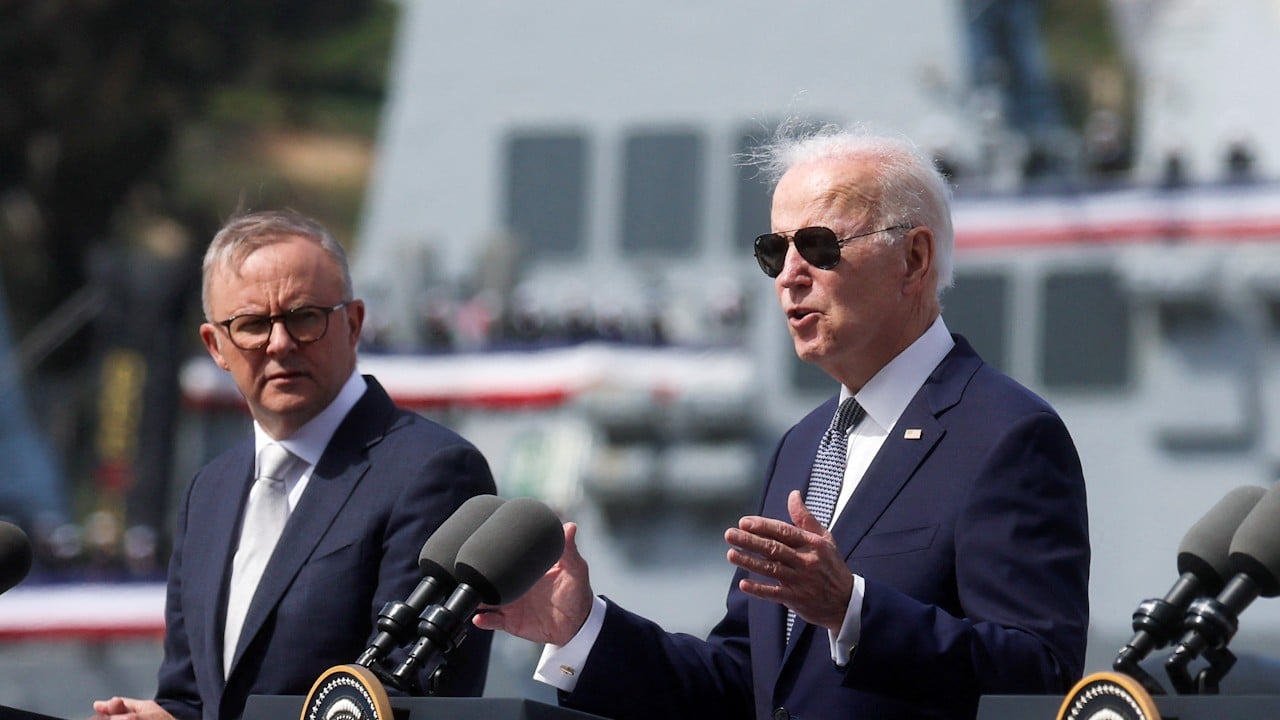
Britain reaches agreement to join trans-Pacific trade pact
- Deal comes after two years of negotiations to join 11-member Comprehensive and Progressive Agreement for Trans-Pacific Partnership
- Agreement marks milestone in Britain’s efforts to expand trading partnerships, play larger role in Indo-Pacific region
“We are at our heart an open and free-trading nation, and this deal demonstrates the real economic benefits of our post-Brexit freedoms,” Sunak said. “As part of CPTPP, the UK is now in a prime position in the global economy to seize opportunities for new jobs, growth and innovation.”
The deal makes Britain the first European and non-founding member to join the trade pact since it was formed in 2018 and follows two years of negotiations by British trade officials.
What is the CPTPP and why is China eager to join?
Total British exports to CPTPP-member countries were £60.5 billion for the 12 months ended in September 2022, with government officials expecting those exports to increase after joining the trade pact.
“Not only does the agreement provide greater access to a group of fast growth economies representing 14 per cent of global GDP [gross domestic product] and over 500 million consumers, but membership reinforces the UK’s commitment to building partnerships in an increasingly fragmented world,” Matthew Fell, interim director of the Confederation of British Industry, a trade group, said.
More than 99 per cent of UK exported goods exports will be eligible for zero tariffs, including cheese, automobiles and whisky, British officials said.
“Joining CPTPP will support jobs and create opportunities for companies of all sizes and in all parts of the UK,” British Business and Trade Secretary Kemi Badenoch said. “It is about giving British businesses improved access to the countries that will be gateway to the wider Indo-Pacific region which is projected to make up the majority of global growth in the future.”

In an update of its defence and diplomatic strategy this month, British officials said that the Chinese Communist Party’s policies provide a “systemic challenge with implications for almost every area of government policy and the everyday lives of British people”.


